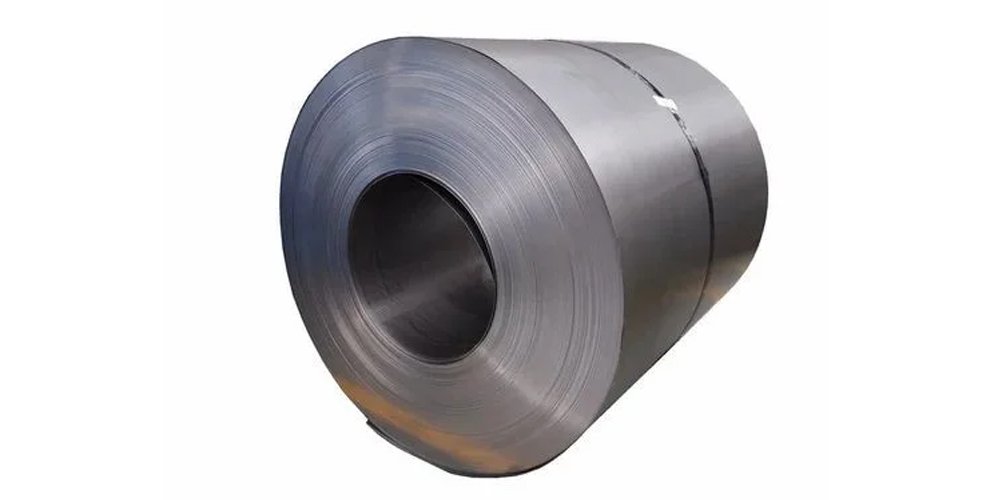Best EDD Carbon Steel Manufacturers & Suppliers in Mumbai – High Quality Carbon Steel Round Supply
Looking for trusted EDD Carbon Steel Round Bar Manufacturers & Suppliers in Mumbai ? We Titan Steel, Mumbai provide durable, precision-engineered carbon steel round bars for construction, industrial, and engineering needs. Get reliable quality, competitive prices, and timely delivery from leading suppliers in Mumbai.
EDD Carbon Steel Product
Versatility and reliability are at the core of EN2A carbon steel, a premium-grade material designed to meet a wide range of engineering and manufacturing needs. Trusted across industries for its exceptional machinability and weldability, EN2A is your go-to solution for creating precision components, structural parts, and high-performance tools.
Key Features of EN2A Carbon Steel:
- Exceptional Machinability: Easily shaped and formed with minimal wear on tools, making it ideal for high-volume production.
- Superior Weldability: Supports a variety of welding techniques, ensuring seamless integration into complex assemblies.
- Good Strength and Durability: Balances tensile strength and toughness, providing excellent resistance to wear and deformation.
- Versatile Chemical Composition: Contains a precise blend of carbon (C 0.12-0.20%), manganese (Mn 0.30-0.70%), and silicon (Si up to 0.05%) for consistent, predictable performance.
- Scalability: Available in a range of sizes and forms, including bars, plates, and sheets, to suit your design requirements.
Benefits of Using EN2A Carbon Steel:
EN2A isn’t just about technical superiority; it’s about delivering tangible advantages. Its affordability ensures cost-effective production processes, while its versatility caters to a diverse range of applications such as automotive components, general-purpose engineering parts, and machine manufacturing. The material’s excellent machinability reduces processing time, enabling faster assembly and delivery for your project timelines.
Technical Specifications:
- Chemical Composition: Carbon (C 0.12-0.20%), Manganese (Mn 0.30-0.70%), Silicon (Si 0.05% max), Phosphorus (P 0.05% max), Sulfur (S 0.05% max)
- Hardness: Approx. 130 HB
- Tensile Strength: 410-490 MPa
- Elongation: 20% minimum
The EN2A Advantage:
Whether you’re designing precision tools or durable mechanical parts, EN2A carbon steel combines reliability, performance, and cost-efficiency into one exceptional material. Its balance between machinability and strength makes it an excellent choice for both prototyping and mass production. By choosing EN2A, you’re equipping your projects with steel that is engineered for success.
Build with confidence. Build with EN2A.
EDD Carbon Steel Description
Engineered for excellence, EDD carbon steel is the go-to solution for industries demanding top-tier performance and reliability. Designed to endure the most challenging environments, this premium-grade carbon steel is ideal for applications ranging from automotive manufacturing to heavy-duty machinery and construction.
Strength and Durability Redefined
EDD carbon steel boasts unmatched strength and resilience. Its exceptional tensile strength ensures it can withstand extreme pressures and loads, making it perfect for high-stress applications. Additionally, its superior resistance to wear and abrasion guarantees longevity, even in demanding conditions.
Why Choose EDD Carbon Steel?
By choosing EDD carbon steel, you’re opting for improved operational performance and long-term value. Its reliability minimizes breakdowns and maintenance, keeping your projects on track and within budget. Businesses using EDD carbon steel experience enhanced durability, reducing the need for frequent material replacement.
Technical Specifications
- Material Composition: High-grade carbon steel
- Dimensions: Customized to suit your project requirements
- Weight: Varies depending on size and specifications
Quality Assurance You Can Trust
With EDD carbon steel, your purchase includes robust warranty coverage, further ensuring your peace of mind. Our dedicated customer support team is always available to assist with technical guidance and after-sales support, so you’re never left without a solution.
Elevate your projects with EDD carbon steel, the ultimate choice for superior performance and lasting dependability.
Titan Steel & Engineers Related Products:
Carbon Steel, Alloy Steel, Bright Steel, Spring Steel, Die Steel & Tool Steel, Special Alloy Steel
For Visit us Maps
Supply Cities
- Mumbai
- Ahmedabad
- Amaravathi
- Ambattur
- Bangalore
- Belgaum
- Chennai
- Chittoor
- Coimbatore
- Dindigul
- Mysore
- Nellore
- Hyderabad
- Kochi
- Mangalore
- Tirupur
- Tuticorin
- Madurai
- Andhra Pradesh
- Karnataka
- Puducherry
- Kerala
- Tamil Nadu
- Telangana
- Visakhapatnam
- Kochi
- Kerala
- Hubli-Dharwad
- Karnataka


